Money Matters: How to use the financial literacy textbook in the classroom with Matthew Taylor
We have created a new series in which Susan interviews teachers who are using the "Money Matters" textbook.
This is to help us understand exactly what is happening in our classrooms across Ireland and the impact the book is making. Additionally, it allows other teachers to learn from the people we interview, ultimately enhancing financial literacy in classrooms nationwide by listening to those who work directly with our young people. Today's interview is with Matthew Taylor from Sutton Park School.
1. How do you use Money Matters in your classroom?
"So we've been using Money Matters now in the school. We primarily use it in the Transition Year programme. I know myself, I use about seven or eight of the first units, and another teacher uses the later units in the book for kind of an accounting and investment stock market series that she does as part of the enrichment modules. I suppose for me, it's about trying to teach the students financial literacy from a nice angle, instead of kind of telling someone, 'Oh look, you always have to balance your checkbook,' or any of the older ways of doing things. So I find the book provides practical application of the theories that we need to teach students. Some of the activities are fantastic, they can be really engaging for the students. I know there's one about going onto Canva and they draw their experience of money is or what they want their future, and it's amazing what they can come back with. And it really is a collage of where they go forward. And I suppose then when I think about it, there's a real importance for students to understand financial literacy, and I think it's one of those areas that the education system can definitely provide for."
2.What activities do you think are the most suitable or engaging, based on your past experience?
"Yeah, there's another one—it's about their college budget, and it's amazing. Probably the primary support is the parents in terms of finances, and they don't really understand the expenses that are involved sometimes in kind of looking after oneself. And, I suppose, it opens their eyes up too because we're primarily in transition here. It opens their eyes up to, in two years' time, this is actually going to be me. I'm going to have to be doing a budget. I might be living abroad, going to college, or I could be from Dublin, I could be going to UL or I could be going to Galway, I could be going anywhere, and I probably have to stick to a budget. So I think for me, the ones that are really practical to the students that really resonate with them are the ones that kind of stand out for me. And I do find the unit 'How to Buy a House Without Buying a House' being one of the most fascinating. I put it up on the board when we go in, and students look at me, going, 'She can't buy a house without buying a house, Mr. Taylor,' and I'll kind of say to them, 'Well look, let's have a look into this, how could we do it.?' And then especially the idea of looking at REITs and looking at, can we actually invest. Because I suppose it's the old adage here in Ireland, what do you do with your money? You invest it in bricks and mortar. But now, things have changed. Now there are so many opportunities and there are so many places for students and for ourselves and for anybody to invest their money. And I suppose having that little bit of knowledge that I have to buy a house at 21, but I could maybe invest into a REIT and I might be able to get money out of it, then that could help me buy my house in the future or save for my deposit for a house. And again, then also that understanding of what's involved in buying a house, kind of the chapter before, very much breaks it down. What do I need to save? How much is it going to cost me to buy a house? And it's easy enough for students to say, 'Oh, I'm going to live here, I'm going to live there.' When you break it down for them and they see how much they have to earn on a yearly basis or how much they have to save on a yearly basis, they get shocked, really. And I always really find the pieces that shock students into kind of the light bulb, nearly moment above their head, I think, are sometimes the biggest learning and the deepest learning for students."
3. Do you like bringing technology into the classroom or prefer a non-tech environment? What has led you to that conclusion?
"Only in the last number of years, we have become a device-led school, and I think the very nature of education is changing. The landscape is changing. I think, you—I don't want to go back to the days of teaching classes through my computer screen, but I think it really gave the education system a kickstart into realizing the benefits of technology. As I said, we've gone solely device-led here in the school. So again, one of the things that I felt with Money Matters was a lot of the activities that were there lent themselves to technology but also lent themselves to group work. It allowed me to plug in using—I tend to use a lot of OneNote within Microsoft School in terms of Teams. So I would use the collaboration spaces in OneNote for students to work together, but also, I think technology plays such a role in everybody's life, whether it be in the classroom or outside of the classroom, that it would be wrong of us here in the school not to adopt some level of technology. And I think as time goes on, it's going to become more important and the people, other teachers watching this, there's nothing like a Kahoot to help out with a revision section of anything. I always call it the head fake, they're learning without really realizing that they're learning, and sometimes that can be a benefit in the classroom for anybody."
4. What life skills do you think teenagers learn from content like this?
"I think one of the biggest learnings for students has to be that money doesn't grow on trees. I know it's something that we hear a lot, money is a very precious resource. I do a thing with first years, I try to explain to them that if you multiply out the years of going to work by 12 paychecks, it doesn't look a lot. You only have a short window when you can actually earn in your lifetime. And it's about trying to be as frugal as you possibly can with that money to support yourself for the future, to support your families. And I think also the idea of just that literacy part, understanding how to open a bank account, understanding what a debit and a credit is on your bank account, especially for young women in the workplace, it helps with closing the gap in terms of pay structures. I just think a better understanding of financial literacy for everybody in the education system, every student coming through, is never going to work against them. It's going to give them the tools to move forward."
5. What are you planning to do next year?
"So, as I pointed out—or as you said at the start—I'm one of, I'm the Transition Year coordinator here in the school, and I actually run the Financial (we call it Financial Health) module here in the school. We're in tentative, brief discussions that it's going to become every student is going to have to take part in it. We're looking at developing another couple of enrichments to go alongside it, so we're looking at a cryptocurrency module, we're looking at an AI and education module, and then there's another module as well that we're trying to develop so that students will rotate around, and they'll all get an opportunity and they will all, have a level of financial literacy. Because it’s too easy to say, 'Oh, look, you have an option to go and study financial literacy.' Sometimes for students—and I know this from an educational point of view—it's asking turkeys to vote for Christmas; they're going, 'I don't want to go and I don't want to learn about, A or I don't want to learn about B.' They want to learn about cryptocurrency and they want to learn about, how much money can I make off investing in Bitcoin, and this is what they're getting, what they see in the media, and that's what—but the very basics, the very understanding of investments, the very understandings of the taxation system, the very understanding of savings and investments and pensions for the future is the basis of what that module does. And it's kind of—it's what I'm planning for the next year, is that all of my TY students should go through some level of financial literacy next year."
6. What advice do you give to teachers planning to teach this next year for the first time?
"When we got a hold of the book the first time, we actually sat as a department in the Business Department, we would have obviously financial literacy to give to the students: accounting, business, and economics. And we looked at where could we use the book to support our teaching in any way. I think it's the first page or where the contents page and it's linked to different Leaving Cert subjects, it's linked to learning outcomes, it actually makes that job really easy for us. We sat down and it was nearly a scramble over who was getting what, you ended up with, 'Alright, I'll do the financial literacy piece,' and the accounting teacher was like, 'Great, I'll do the stocks and investing because they always love that.' I just think for any teacher, if you're looking to develop some sort of—we call them enrichment modules here in the school, in your Transition Year program, take out the book, have a look. Nobody's saying you have to go from chapter one to chapter—I think 15 or 16—but there's so much in there and there's so much, good learning. And it's stuff that's really going to help the student, maybe not today but as they get into the future in their future careers. There's no harm in looking at it and trying to find and build a course around it. And it's definitely—it has been a massive resource to us here in the Business Department of Sutton Park School."
7. How have you tailored the module to different learning style or learning difficulties?
"I suppose the book allows for it as well. It's a very hands-on approach to financial literacy. I've taken some of the activities and I've changed them to be maybe kinesthetic works. I know there's a fishbone model at one stage when we're trying to think about marketing, and I actually have it on the page. They've got the markers, and we've got different learners—every student is a different learner; some are visual, some are verbal, some want to write, some want to use their laptop, some want you to get a hold of stuff. So, I think using the different activities in the book helps with that. Obviously, a lot of us teachers would talk about Junior Cycle reform and the need and how we have brought on kind of group work. And again, a lot of the activities and a lot of the stuff here in Money Matters allows for group work, and I think that's one of those kind of very level the playing field for any sort of learning style in the classroom.
8. What do you think is misunderstood about young people?
"I think the perception of young people nowadays is that they're disinterested or they're disengaged. I hear social media is ruining them, they don't know how to communicate, they live on their phones. But I think it's actually a case of, this is who they are, this is where they natively hang out. Whereas I played 'tip the can' on the side of the streets, they play 'Call of Duty' online, and this is who they are. I remember saying to a student, 'How do you sit and watch someone play computer games?' and they say, 'How do you sit and watch someone play football for 90 minutes?' It's just a change in society, and that's kind of—I have to be, I know as an educator I have to be—I kind of got caught in my tracks, and I said, 'Well, you have a point,' when this young man said it to me. And I think it's a case that they're misunderstood. I don't—I think it's a case that they're not disinterested, they're not disengaged, they just deal with the media in a different way. They operate differently than the way we do; they're very savvy, they're very technically savvy. And that's who they are, it's changed. They're passionate. I see passion in them around social justice, around climate change. I see them engaging in global issues. But they use technology as a tool to connect, to learn, and essentially to advocate for their causes that they care about. And I think that whereas we might have gone on 'Prime Time' or we might have read 'The Independent' on the weekend, that's there, but they're doing it through X or they're doing it through TikTok, and they're advocating themselves rather than looking for the content, if you understand what I mean, Susan."
9. Finally, when you hear "they should teach that in schools", what is your reaction?
"Believe it or not, the education system isn't bad here in this country. I think in Transition Year, we had our Transition Year graduation the other day, and you wouldn't believe some of the things that students do throughout the year in Transition Year. And I'm only focusing on that warning. I actually think there's not enough of an understanding of what goes on behind the closed door in the classroom and how much education is there. While I'm a business teacher or an economics teacher, there is real-life kind of discussions going on. We were only discussing the other day about pension problems here in the country, in the economics class, and it comes down to, well, would you be willing to pay more tax or would you... Just, there's different conversations that go on all the time in the education system. And I think there's definitely a role for industry to come in and definitely be more part of the education system. I think there's a massive opportunity, especially in the STEM areas. I know that it has gotten so much better over the last number of years. I've seen more students entering Scifests and BT Young Scientists. I know my group this year, we've entered the last three years, the Young Economist of the Year Awards, and I think when education comes around and we embrace technology and when leaders from outside of education come in and try and work with education, I think that the idea of 'they should teach that in schools' will disappear. And I think that it'll be, they're teaching that in school at the moment, don't you? And I think that's where we need to get to, is where people are saying, 'should they teach that in school?'"




